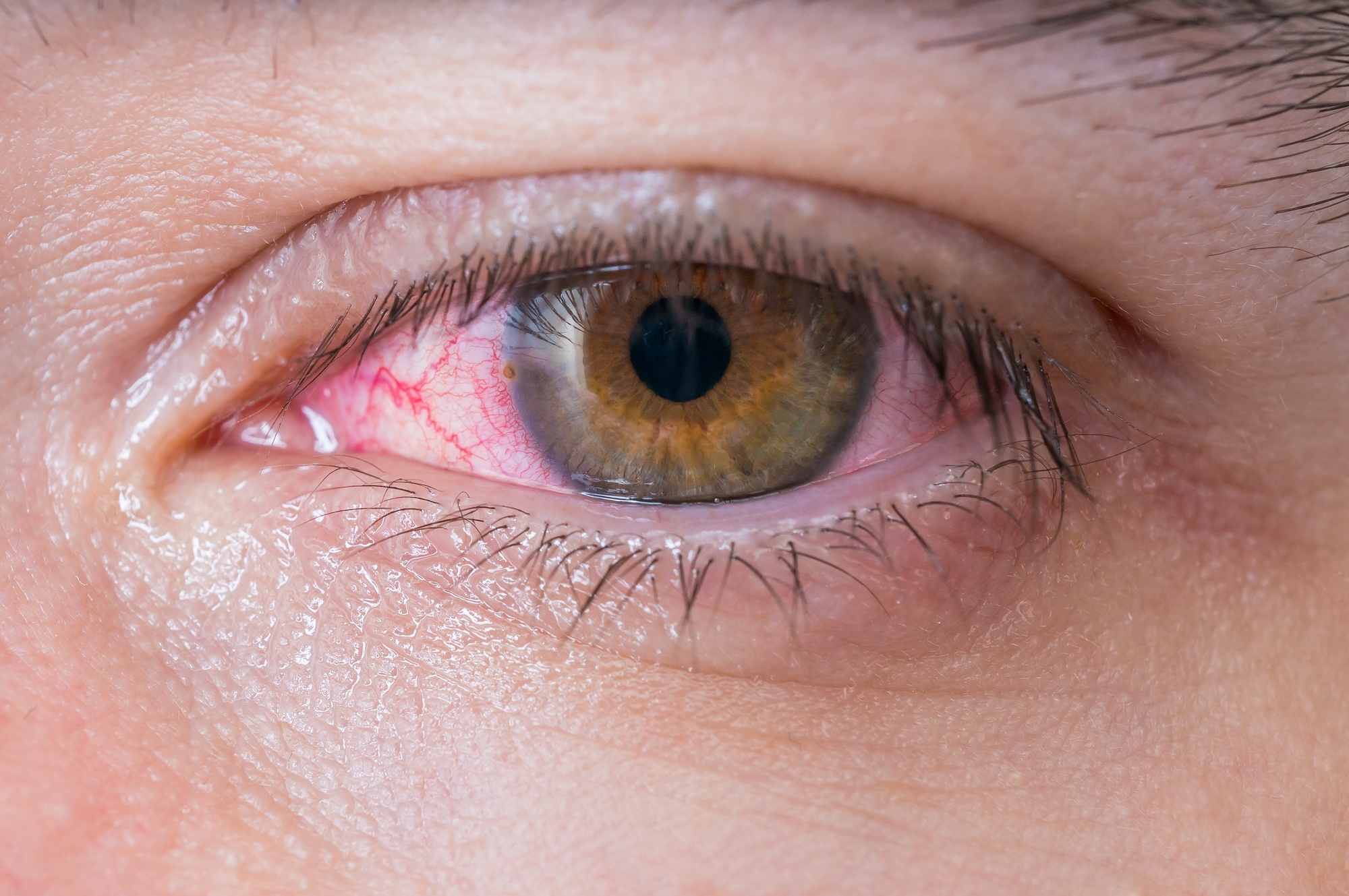Suffering from red itchy eyes?
People usually associate allergies with a stuffy nose and sneezing. Yet your nose isn’t the only thing that’s hit during an allergy attack.
The medical term for an eye allergy is allergic conjunctivitis. This is a condition affecting an estimated 30% of the general population.
Swollen eyes can happen when your eyes come into contact with allergens. Allergens are everywhere, whether you’re out in the spring air or cleaning a dusty room.
Many people cope with eye allergies without seeking help. Yet, there are medications to help with allergic conjunctivitis. Red itchy eyes are also something you can consult your healthcare provider about.
If you’re suffering from eye allergies, read on for the best remedies and treatments.
Allergic Conjunctivitis and Causes
Allergic conjunctivitis is an adverse immune response. It occurs when an irritating substance or allergen comes into contact with your eyes.
Your immune system defends the body from pathogens, like bacteria and viruses. However, it does this to prevent illnesses.
People with allergies have an immune system that mistakes allergens as dangerous substances. This makes the immune system produce chemicals to fight the allergen. It does this even though the allergen might be harmless.
You may get an allergic reaction when you come in contact with seasonal allergens. You may also react to dust, dander from pets, and other indoor allergens. These may cause chronic or perennial conjunctivitis.
Perfume, makeup, or other chemicals can also trigger eye allergies called contact conjunctivitis. Contact lenses can also cause an allergic reaction called giant papillary conjunctivitis
The immune system reacts to these allergens by releasing histamine. This causes an allergic reaction‘s uncomfortable symptoms like red itchy watery eyes. It can also cause sneezing, runny nose, and coughing.
Symptoms
Most people with allergic conjunctivitis will suffer the symptoms in both eyes. Symptoms may appear immediately after the eyes come into contact with an allergen. In other cases, allergies caused by eye drops lead to symptoms appearing after 2-4 days.
The small blood vessels in the conjunctiva widen when the eyes become irritated, making the eye look pinkish or reddish. It can also cause the eyes to become itchy.
However, rubbing the eyes to take care of the itchiness will only make it worse. It can also cause you to feel pain around the eye later on. It can also cause the area around the eye to become inflamed.
The eye area may also feel sore and tender because of inflammation. If the eyes become painful, sensitive to light, and vision gets affected, see a doctor at once.
Some people have seasonal allergic conjunctivitis. They’ll experience symptoms at certain times of the year. Usually, this will be from early spring into summer or sometimes into fall.
Meanwhile, some people have perennial allergic conjunctivitis. They’re susceptible at any time of the year and might find symptoms worse at certain times of the day.
Remedies and Treatments
There are home remedies and over-the-counter or prescription medications for treating eye allergies. Remember to check with your doctor or ophthalmologist before trying stronger treatments.
Wash Your Face/Rinse Out the Eyes
This is one of the first things you should do when you come into contact with an allergen. If you can, rinse out your eyes with a little water. This will help loosen and wash away allergens on your skin, eyelashes, around the eyes, and in your eyes.
Cold Compress
A cold-water compress can have a soothing effect on your eyes. It can also relieve the itching and minimize the redness.
The simplest method is taking a clean cloth and soaking it in cold water. Apply it to your closed eyes for a few minutes. You can use this home remedy as much as needed.
Eye Drops
Eye allergies are very common that there are plenty of brands selling eye drops in the market. They’re constructed to relieve watery eyes, redness, and eye itching caused by allergies.
Non-prescription eye drops may help alleviate mild eye allergy symptoms. They are also cheaper than prescription eye drops and other medications.
Make sure you ask your doctor for recommended brands to try. You can try to find them in this online pharmacy.
Antihistamines
There can be cases when your allergy symptoms are more severe. Over-the-counter eye drops may be ineffective in relieving your red itchy eyes.
When this happens, you might need your doctor to give you a stronger medication. One such medication is antihistamines.
Releasing histamines is part of the body’s natural allergic response. It dilates blood vessels and makes the blood vessel walls abnormally permeable. Histamine is what causes symptoms like watery, itchy eyes and a runny nose.
Antihistamines block the attachment of histamines to the body’s cells. This prevents your body from creating an allergic response. This also reduces the intensity of your allergic reaction.
Decongestants
Decongestants are medications for allergic relations of the nose. They help clear your swollen nasal passages to ease breathing. They can also help relieve red eyes by decreasing the size of the blood vessels on the white of your eye.
Pseudoephedrine and phenylephrine are some of the common decongestants. Combination drugs containing both a decongestant and an antihistamine are also available.
Avoiding Allergens
Limiting your exposure to common allergens is one of the best ways to prevent eye allergies.
For instance, on days when there’s lots of pollen in the air, try to stay indoors most of the time. Run the air conditioner to filter the air. Use high-quality furnace filters and replace them regularly.
If you have to go outside during allergy season, use wraparound sunglasses. This can help protect your eyes from pollen and other allergens. To be extra careful, you should start driving with the windows closed.
Treat Your Red Itchy Eyes
Allergic conjunctivitis is a common eye allergy that causes red itchy eyes. It’s caused by exposure to allergens like pollen and dust and can be seasonal or chronic.
The good news is there are many remedies for eye allergies. There are over-the-counter eye drops or prescription medications like antihistamines.
Want to know more about treating eye allergies? Check out our other guides for more helpful information and tips.




